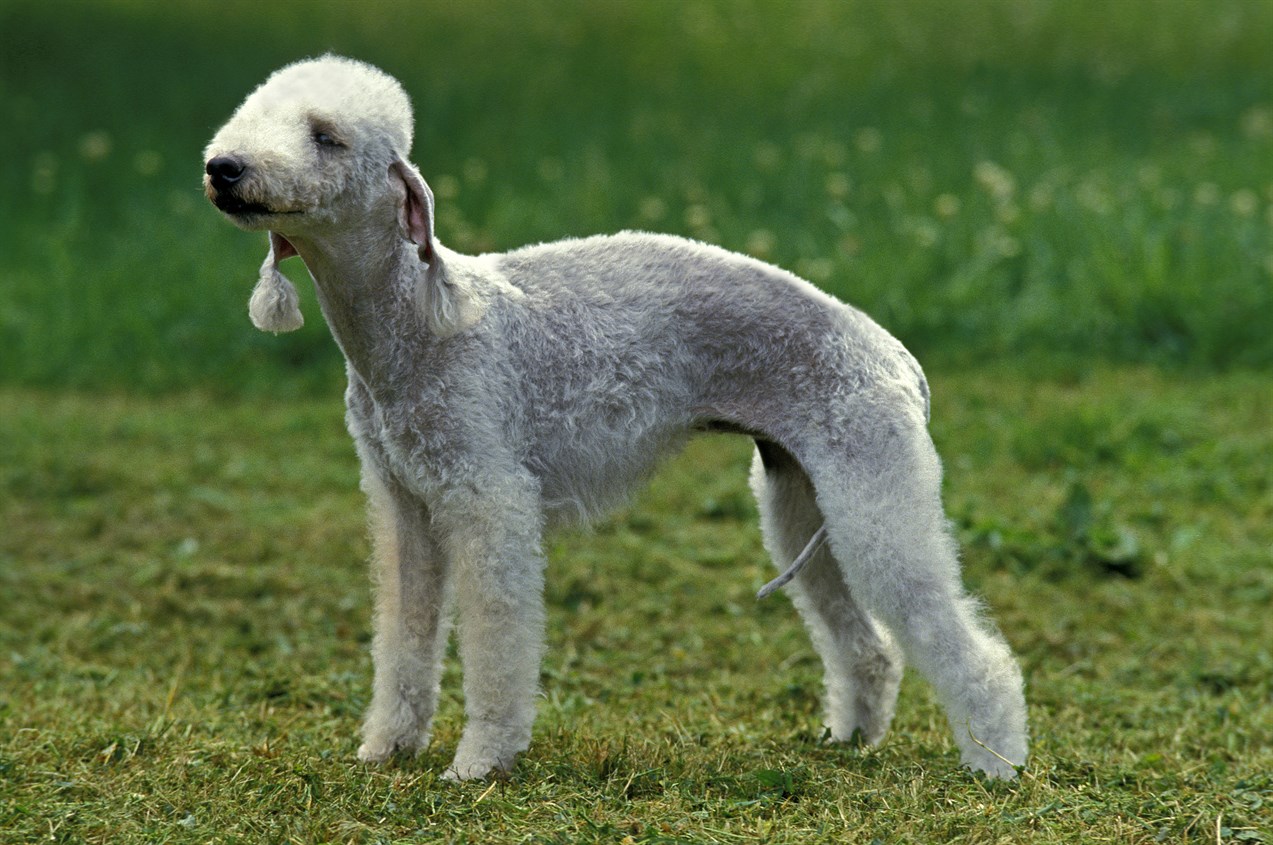Downsides or Disadvantages of Owning a Bedlington Terrier

While Bedlington Terriers are beloved for their unique appearance and charming personalities, like any breed, they come with their own set of downsides and challenges. It's important for potential owners to be aware of these disadvantages to make an informed decision about whether a Bedlington Terrier is the right fit for their lifestyle. Here are some of the negatives of Bedlington Terriers.
Grooming Requirements
Bedlington Terriers have a distinctive curly or wavy coat that requires regular grooming to keep it in good condition. This includes brushing, trimming, and occasional professional grooming. Their coat can also be prone to matting.If you're not prepared for the grooming commitment, this may not be the right breed for you. Regular grooming can be time-consuming and costly if done by a professional.
Exercise Needs
Bedlington Terriers, while not extremely high-energy dogs, still require daily exercise and mental stimulation. Failing to provide enough exercise can lead to behavioural issues, including boredom-related destructive behaviours.Ensure you have the time and energy to meet their exercise needs through walks, playtime, and mental challenges.
Independent Nature
Bedlington Terriers are known for their independent streak. This can make them a bit stubborn and less eager to please compared to some other breeds. Training may require patience and consistency.Early and consistent training, using positive reinforcement techniques, can help overcome their independent nature. Be prepared for some resistance at times.
Prey Drive
Bedlington Terriers have a strong prey drive. They may chase after small animals, which can be a concern for households with other pets, especially small mammals like hamsters or rabbits.Careful socialisation and training can help manage their prey drive, but it may not eliminate it entirely. Supervision around small animals is crucial.
Health Concerns
Like many purebred dogs, Bedlington Terriers are prone to certain hereditary health issues, including copper toxicosis, renal cortical hypoplasia, and patellar luxation.Responsible breeding practises that include health screening can help reduce the risk of these issues. Regular veterinary check-ups and a healthy lifestyle can also mitigate potential health problems.
Separation Anxiety
Bedlington Terriers are known to form strong bonds with their owners, which can lead to separation anxiety when left alone for extended periods.Gradual desensitisation to alone time, crate training, and providing companionship or mental stimulation can help alleviate separation anxiety.
In conclusion, while Bedlington Terriers make wonderful companions for the right owners, it's crucial to be aware of their downsides and challenges. Potential owners should be prepared for grooming responsibilities, exercise needs, and training requirements. Additionally, understanding their independent nature and potential health concerns is essential for providing them with the best care and quality of life.
Bedlington Terrier puppies for sale
- Find Bedlington Terrier puppies for sale in ACT
- Find Bedlington Terrier puppies for sale in NSW
- Find Bedlington Terrier puppies for sale in NT
- Find Bedlington Terrier puppies for sale in QLD
- Find Bedlington Terrier puppies for sale in SA
- Find Bedlington Terrier puppies for sale in TAS
- Find Bedlington Terrier puppies for sale in VIC
- Find Bedlington Terrier puppies for sale in WA